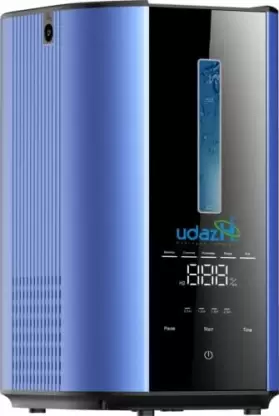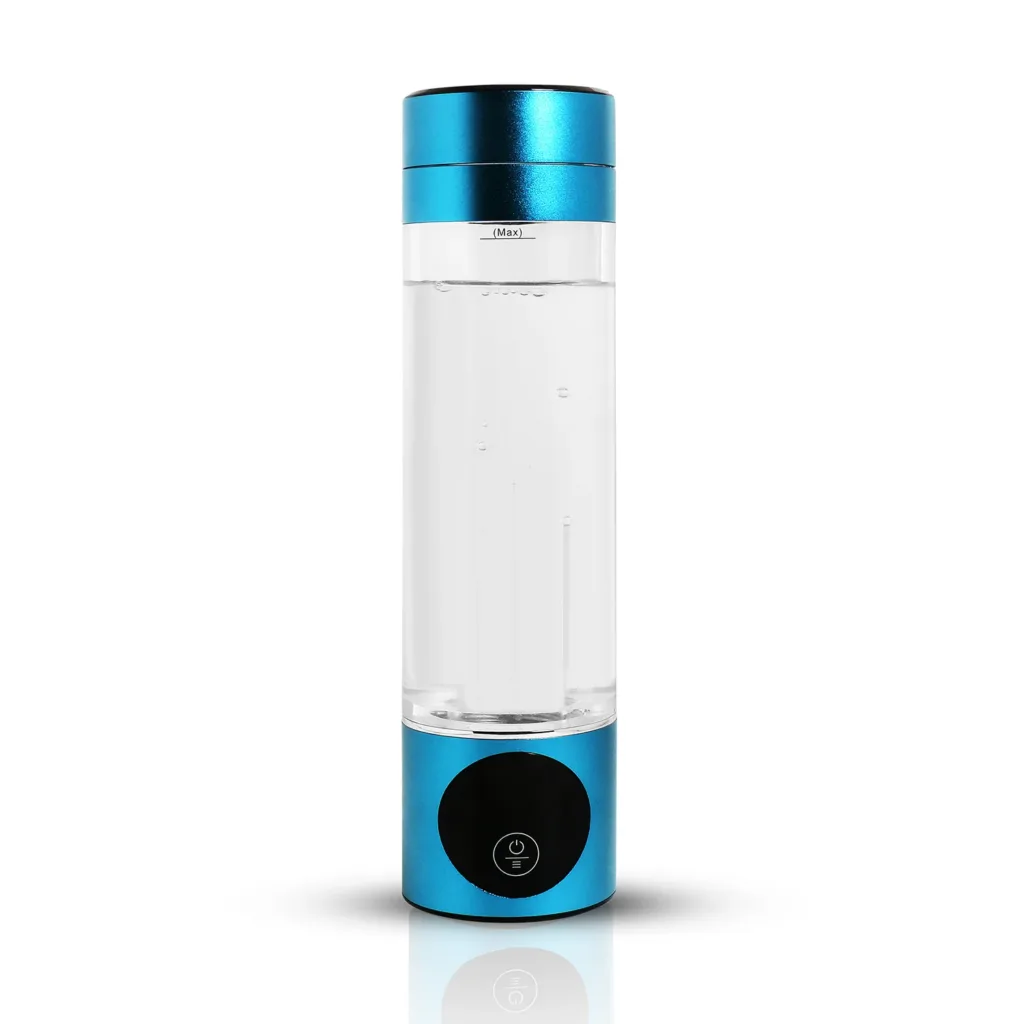A Softener Filter is a water treatment device that removes hardness-causing ions (calcium and magnesium) from water, replacing them with sodium or potassium ions through an ion exchange process. This prevents scale buildup, improves soap efficiency, and extends the lifespan of plumbing and appliances.
Components of a Softener Filter
- Resin Tank:
- Contains ion-exchange resin beads, typically made of polystyrene with sulfonate groups. Commonly used resins are INDION 220Na, INDION 225Na, TU42 of Thermax, Doshion
- Removes hardness ions (calcium and magnesium) from water.
- Brine Tank:
- Holds a salt solution (sodium chloride or potassium chloride) for regenerating the resin.
- Control Valve:
- Automates water softening and regeneration cycles.
- Types include:
- Time-based: Regenerates at scheduled intervals.
- Meter-based: Regenerates based on water usage.
- Inlet and Outlet Connections:
- For untreated water entry and softened water exit.
- Drain Line:
- Discharges waste during regeneration.
- Bypass Valve:
- Allows water flow to bypass the softener during maintenance or repair.
Working Principle
- Softening Cycle:
- Hard water passes through the resin bed.
- Calcium (Ca²⁺) and magnesium (Mg²⁺) ions are exchanged for sodium (Na⁺) or potassium (K⁺) ions.
- Regeneration Cycle:
- After the resin becomes saturated with hardness ions, it is flushed with a brine solution.
- Sodium or potassium ions from the brine replace the calcium and magnesium on the resin, restoring its softening capacity.
- Rinse and Backwash:
- Excess brine and loosened debris are flushed out, leaving the resin ready for the next softening cycle.
Applications
- Residential Water Treatment:
- Reduces scale buildup in pipes, heaters, and appliances.
- Improves the effectiveness of soaps and detergents.
- Commercial and Industrial Use:
- Prevents scaling in boilers, cooling towers, and manufacturing equipment.
- Food and Beverage Industry:
- Ensures consistent water quality for processing and production.
- Hotels and Laundry Services:
- Enhances linen cleanliness and prolongs fabric life.
Advantages
- Reduces scale buildup in plumbing and appliances.
- Improves water quality for bathing, cleaning, and cooking.
- Prolongs the lifespan of water-using appliances.
- Enhances soap and detergent efficiency.
Limitations
- Increases sodium or potassium levels in water.
- May not remove other contaminants (e.g., iron, heavy metals, or organic pollutants).
- Regular maintenance and salt replenishment are required.


















